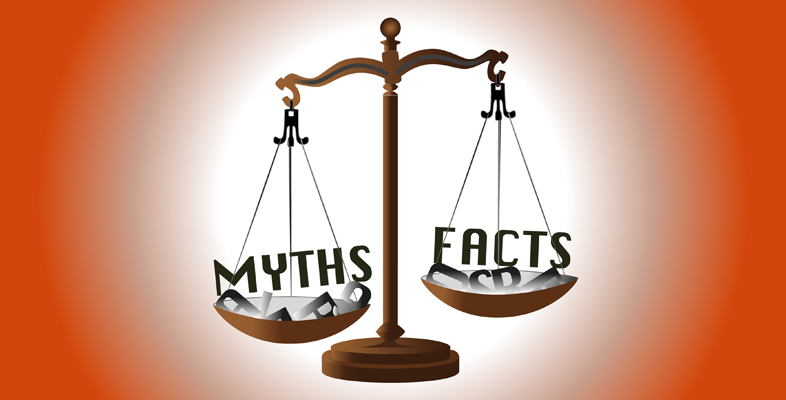4.2.2 Reasons for criminalising activity
Behaviour has sometimes been made illegal because it is immoral. However, there are other important reasons for making some actions a crime. One of the most influential factors in the current law of England and Wales is the harm principle.
Box 8 The harm principle
The harm principle was set out by philosopher and politician John Stuart Mill in 1859:
The only purpose for which power can rightfully be exercised over any member of a civilized community against his will, is to prevent harm to others.
In other words, the criminal law should only be used against someone when it is necessary to protect others from serious harm.
Critics of the criminal justice system emphasise that crimes often protect certain parts of society at the expense of others. For example, feminist critiques focus on the ways that the law takes the interests of men as the norm, thereby failing to protect women from sexual and domestic violence. Critical race theory points out the institutional racism of the criminal justice system and consequences including disproportionate prosecutions of colour. Other critiques emphasise that the law protects property-owners and the middle classes: benefit fraud is seen as more obviously criminal than, say, tax evasion.
